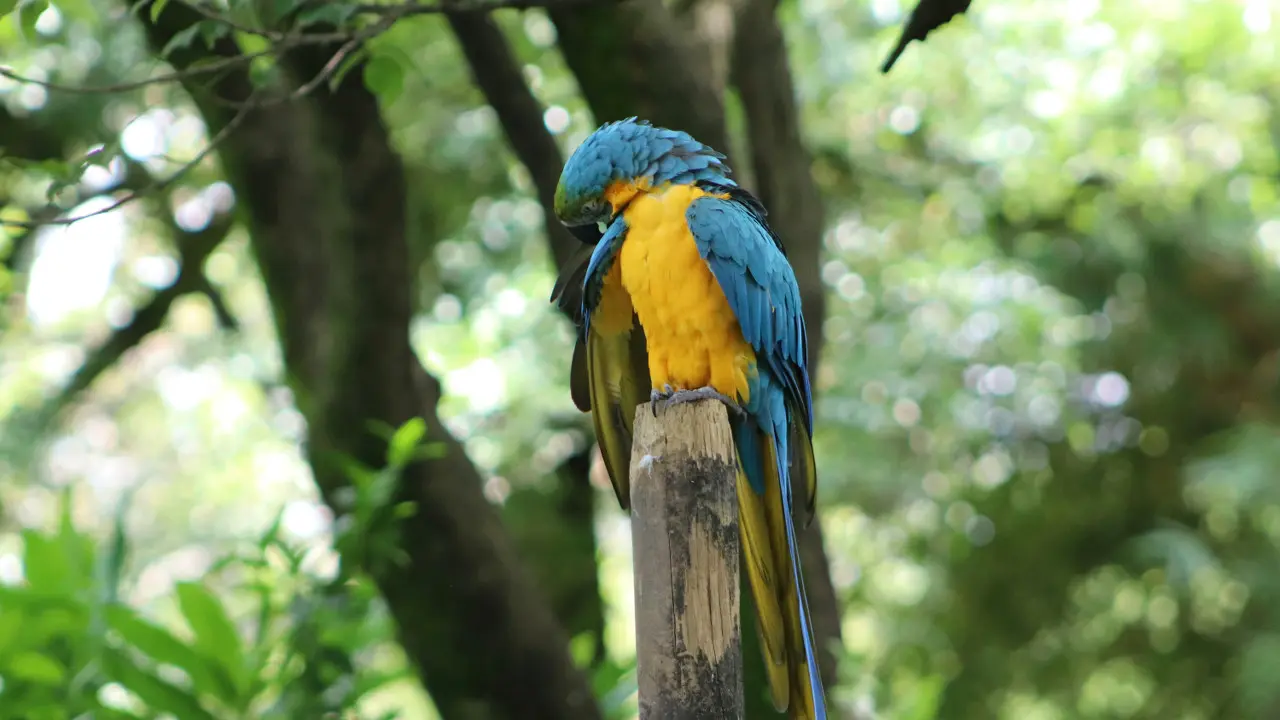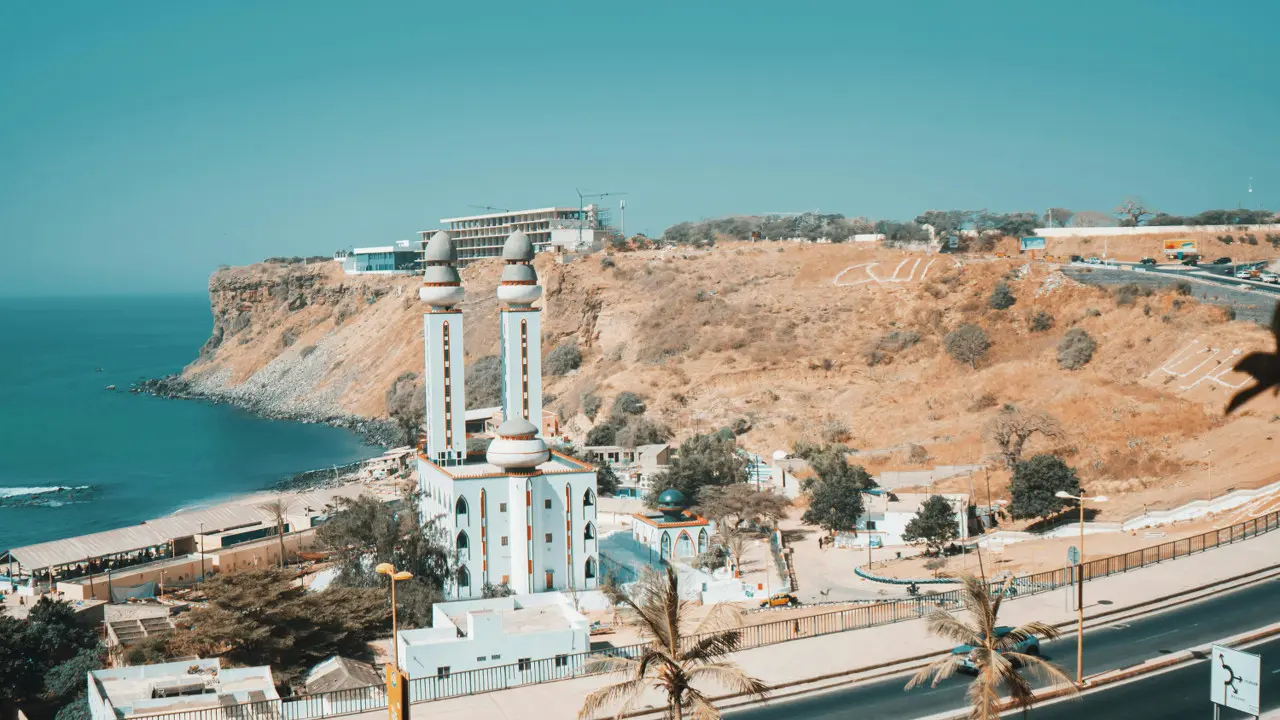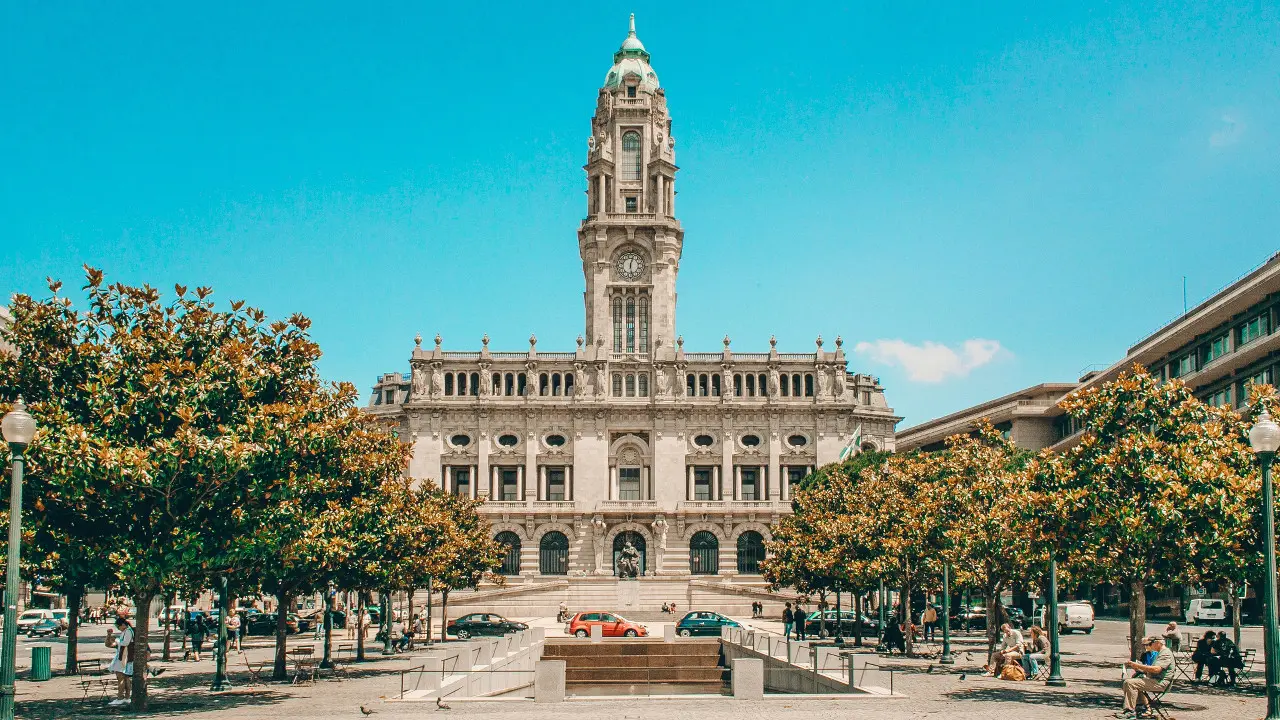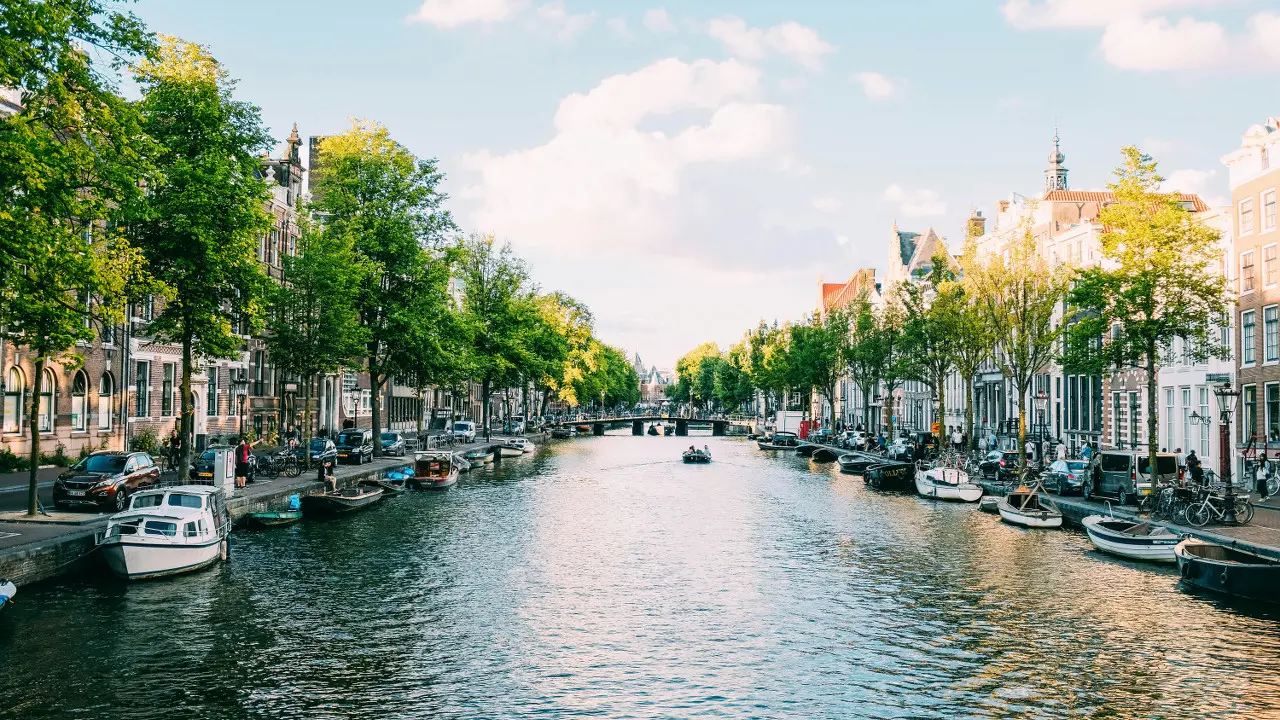ABOUT
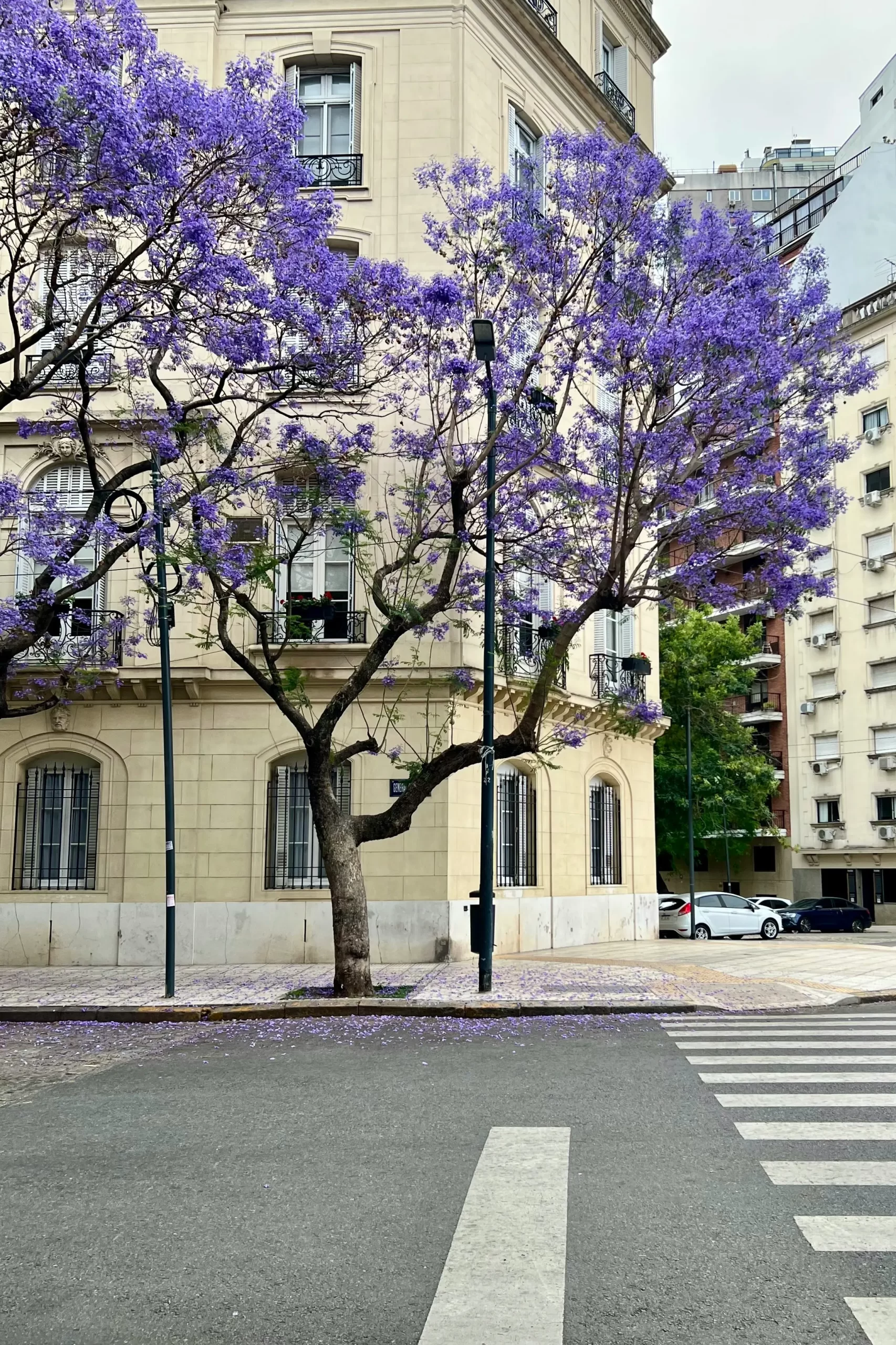
Tina is originally from Germany, and about eight years ago she met her husband, Nacho, who is from Argentina. What started as a one-night stand in Miami turned into a long-distance relationship between Germany and Argentina… and now, ten years later, here they are in Buenos Aires, married and building our life together.
Moving to Buenos Aires
Can you tell us a little about your background?
Professionally, I’m a certified couples consultant specializing in intercultural relationships, and I also host the International Love Story podcast where I interview intercultural couples from all over the world.
Languages: German is my native language, English became our “relationship language” in the early years, and I’m still working on Spanish (sometimes with more motivation than other times!).
Languages: German is my native language, English became our “relationship language” in the early years, and I’m still working on Spanish (sometimes with more motivation than other times!).
When and why did you move to Buenos Aires?
We moved here in February 2024. After living a few years together in Germany, it just felt like the right time to give Nacho’s country a try. I wanted to experience life here fully — and honestly, I’ve always had a thing for Buenos Aires. I actually feel more at home here than I ever did in Germany.
How did you get set up?
Phone plan: I started off with prepaid SIM cards (Claro and Movistar are the go-to options here).
Bank: For this part, I leaned on Nacho. He helped me open an account with Santander and set up digital wallets with Yoy and Mercado Pago.
Everyday life: Pretty much everything runs on WhatsApp — from food orders to even doctor’s appointments. It’s also very common to have several bank accounts and cards, because depending on how you pay, you get different discounts. Contactless payments with Mercado Pago or Yoy are the norm. Cash, on the other hand, can get a bit tricky — 1,000 pesos are worth less than a euro at the moment, so you always end up with piles of bills. And then there’s the economy in general… constantly shifting. With inflation above 100%, it’s not easy to keep up, especially if you’re not used to it.
Bank: For this part, I leaned on Nacho. He helped me open an account with Santander and set up digital wallets with Yoy and Mercado Pago.
Everyday life: Pretty much everything runs on WhatsApp — from food orders to even doctor’s appointments. It’s also very common to have several bank accounts and cards, because depending on how you pay, you get different discounts. Contactless payments with Mercado Pago or Yoy are the norm. Cash, on the other hand, can get a bit tricky — 1,000 pesos are worth less than a euro at the moment, so you always end up with piles of bills. And then there’s the economy in general… constantly shifting. With inflation above 100%, it’s not easy to keep up, especially if you’re not used to it.
Was it difficult to get medical insurance?
No. Argentina has good private healthcare, but as a newcomer without local employment, you need to set it up yourself. I had to compare different obras sociales and prepaid plans. It was overwhelming in the beginning, but once set up, the system actually works well — and costs are lower than in Germany or the US.
What did you bring with you?
I came with two checked bags and a carry-on. Some clothes I had already left with my mother-in-law back in 2019, because deep down I knew we’d eventually move. Other than that, I really just brought the basics — and looking back, it was more than enough. Honestly, even then I still packed too much.
How did you find an apartment?
At first, we rented temporary places through Airbnb. After 3 months we found an apartment via Zonaprop.
What apps / websites / stores do you find useful?
-PedidosYa / Rappi for food delivery.
-MercadoLibre (like eBay/Amazon for literally everything).
-Facebook Market Place (for cheap finds, things are quite expensive here)
-Coto Digital / Carrefour for groceries.
-WhatsApp because everything is organized via WhatsApp.
-MercadoLibre (like eBay/Amazon for literally everything).
-Facebook Market Place (for cheap finds, things are quite expensive here)
-Coto Digital / Carrefour for groceries.
-WhatsApp because everything is organized via WhatsApp.
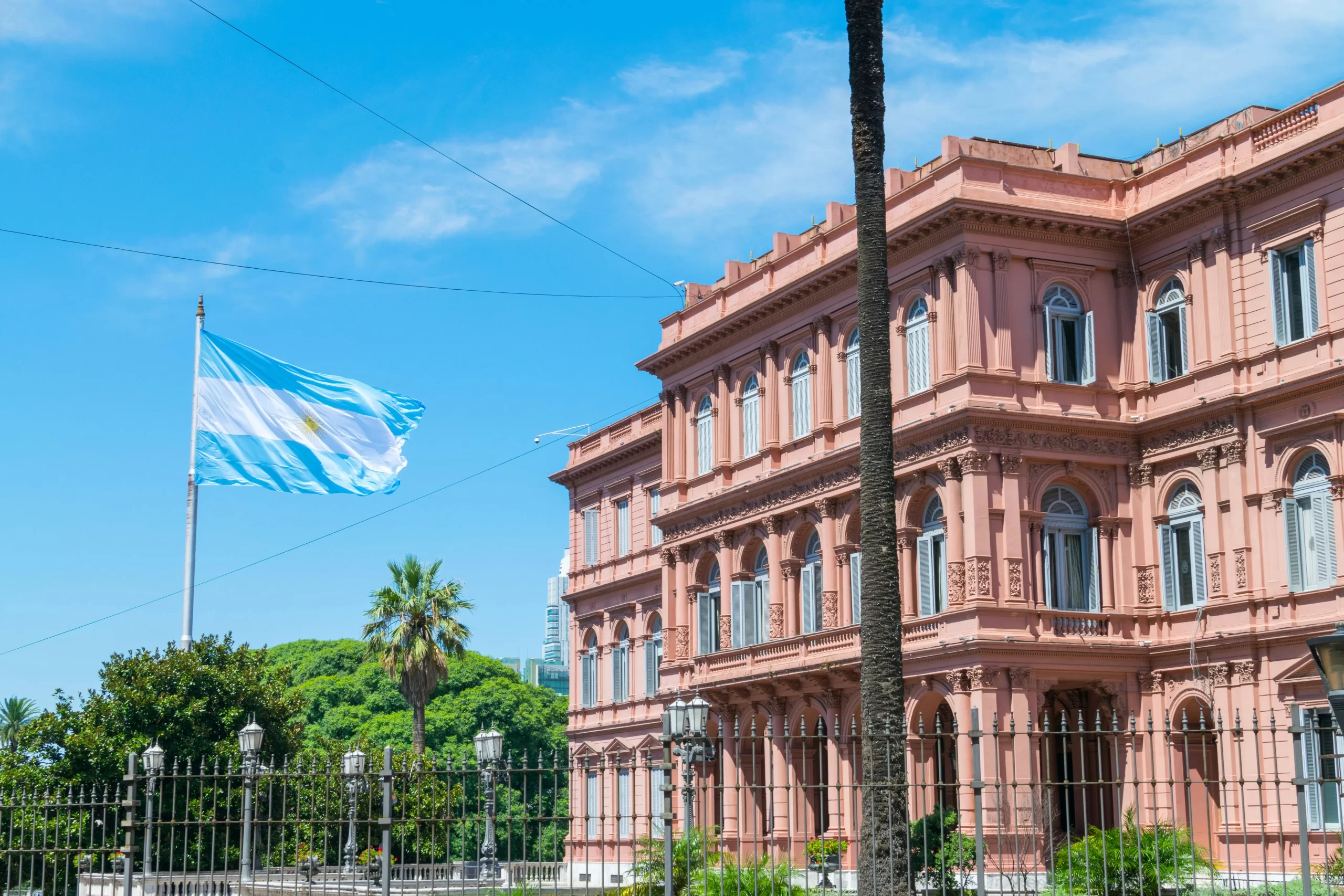
Living in Buenos Aires
What surprised you about life there?
The warmth of the people. Strangers can become friends quickly, and family ties are incredibly strong. On the flip side, what surprised (and challenged) me was how unstable things can feel — from prices that change weekly to political uncertainty. But the resilience and creativity people show in daily life is inspiring.
What specifically is Buenos Aires famous for?
People from Buenos Aires — porteños — are extremely proud of being from the city. Sometimes (or honestly, quite often) that pride can come across as a bit arrogant. But you realize quickly that Buenos Aires, as Argentina’s capital, is at the center of almost everything — economically and politically. And that probably explains why porteños carry that pride so strongly.
Do you need to speak Spanish to live here?
You can survive without it, especially in Palermo (a neighborhood in Buenos Aires) or with an expat circle. But if you want to really connect with people and feel at home, Spanish is essential. I regret not starting earlier. I learned slowly — with classes, apps, and a lot of trial and error (aka embarrassing conversations in shops).
What are your favorite places in Buenos Aires?
-Bosques de Palermo: my escape into nature in the middle of the city.
-San Telmo: cobblestone streets, markets, tango on Sundays.
-Puerto Madero: for long walks by the water.
-And honestly: random cafés where I can sit with a medialuna and just people-watch.
-San Telmo: cobblestone streets, markets, tango on Sundays.
-Puerto Madero: for long walks by the water.
-And honestly: random cafés where I can sit with a medialuna and just people-watch.
What are your favorite restaurants & cafés?
-La Cabrera (a bit touristy, but delicious).
-Family owned parillas (as the service is excellent and the meat is always amazing)
-Forno Fettuccine (Italian food)
-Cruz Omakase (Sushi)
-For cafés: Rita (Clean vibe), Casa Dingo, (Australian breakfast), Cofi Jaus (great cafe, but I love the one with orange juice mixed with espresso “narancafe”) and small corner cafés that change all the time.
-Family owned parillas (as the service is excellent and the meat is always amazing)
-Forno Fettuccine (Italian food)
-Cruz Omakase (Sushi)
-For cafés: Rita (Clean vibe), Casa Dingo, (Australian breakfast), Cofi Jaus (great cafe, but I love the one with orange juice mixed with espresso “narancafe”) and small corner cafés that change all the time.
How much money do you need to live comfortably?
This depends a lot on your lifestyle. For a couple, I’d say around USD 1,600–2,300 per month covers rent, food, transport, eating out, and some extras. Buenos Aires can feel cheap or expensive depending on where you’re coming from and how you spend.
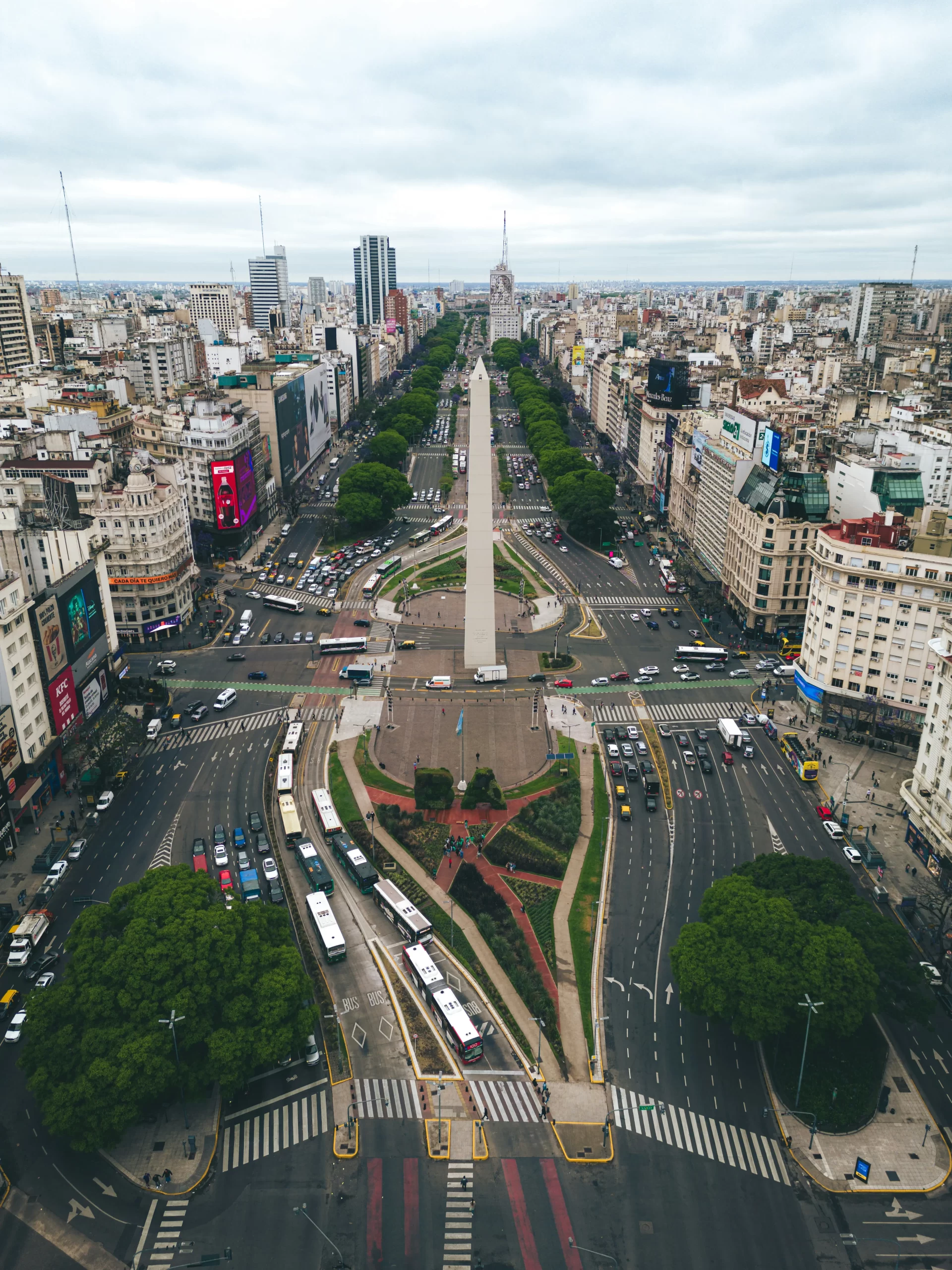
Final Thoughts
What should people consider before deciding to move to Buenos Aires?
You’ll definitely need patience and flexibility. Life here feels more easy-going, and coming from Germany, the warmth of the people can feel almost overwhelming at first. I’ve learned quickly that things rarely go as planned — so if you come, bring curiosity, openness, and let go of the idea that everything has to be “efficient” or “on time.”
Politics and the economy aren’t comparable to what I knew in Europe. Argentinians talk very openly about it and are strong in their opinions. Some parts even shocked me at first — like how within just two hours, people can organize a strike with thousands in the streets, fighting for their rights. They’re vocal, and I personally admire that. At the same time, it means you might find yourself at a family dinner where voices get loud and people passionately argue about politics — but then share dessert together right after. It’s not a deal breaker here, it’s just part of the culture.
Overall, Buenos Aires plays by its own set of rules — and those rules keep changing. So stay flexible, and most importantly, try to pick up at least some Spanish before you come. It makes everything easier.
Politics and the economy aren’t comparable to what I knew in Europe. Argentinians talk very openly about it and are strong in their opinions. Some parts even shocked me at first — like how within just two hours, people can organize a strike with thousands in the streets, fighting for their rights. They’re vocal, and I personally admire that. At the same time, it means you might find yourself at a family dinner where voices get loud and people passionately argue about politics — but then share dessert together right after. It’s not a deal breaker here, it’s just part of the culture.
Overall, Buenos Aires plays by its own set of rules — and those rules keep changing. So stay flexible, and most importantly, try to pick up at least some Spanish before you come. It makes everything easier.
What is the most recent thing you've read in the news?
It was about inflation again — it’s the never-ending topic here. Prices change so fast that even locals get lost. But people find ways to adapt, and that resilience is something I deeply admire.
Do you feel safe?
Mostly, yes. But I’m always aware of my surroundings. Petty theft (like phones) is common. I avoid flashing valuables, especially at night or in crowded places. Walking the dog in Palermo/Colegials/Belgrano feels safe — taking the bus with my phone in hand, less so.
What is something people might not know about Argentina?
Argentinians are obsessed with psychology. There are more psychologists per capita here than anywhere else in the world.
Do you know any music from Argentina?
Beyond tango, there’s a huge rock national scene. Bands like Soda Stereo or newer indie groups.
What are some disadvantages of living in Buenos Aires?
-Constant economic uncertainty.
-Noise, traffic, and the feeling that the city never sleeps (which is good… until you need rest).
-Noise, traffic, and the feeling that the city never sleeps (which is good… until you need rest).
What are some experiences you are proud of?
Building a life here with Nacho — paperwork, language struggles, culture shocks included. But I am mostly proud of my small wins, like doing grocery shopping while having small talk or walking the dog and connecting with other dog owners in a language that is not my mother tongue.
Was it easy making friends?
Making friends after 30 is never easy, especially as an introvert. But here in Buenos Aires, it actually happened surprisingly fast once I found the courage to organize my own events. At this point, I even have more friends here than in Germany. Most of them are women in similar situations, which makes connecting so much easier — and little by little, I’m also getting to know Argentinians and building friendships with them too.
What are your plans for the future?
I’m building my couples consulting practice and my community “International Love Story.” I want to keep creating spaces for intercultural couples and women abroad to connect, share, and feel understood. That’s my big focus — and Buenos Aires, with all its chaos and charm, is part of that story.
Thank you so much Tina for this recount of your experience living in Buenos Aires. As a language lover I can definitely relate to the awkward conversations and the pride to be able to do things independently in a language and country that is not originally yours. I’m happy for you that you seem to have found your balance and I wish you all the best in your future projects! Check out Tina’s International Love Story on IG here!




